The Big Three: Granite vs. Quartz vs. Quartzite
Choosing a material for a kitchen countertop can be a bit overwhelming. There are plenty of materials to choose from, and that's without going into the differences within a singular material group. Picking your material is a decision that can have a big impact on the functionality and aesthetics of a kitchen. With over a third of Americans using their home to cook on a daily basis, according to Comfy Living, that's a lot of time spent looking at and using whichever countertop material you choose. This article will explain some of the differences between the three most popular materials used for kitchen countertops: granite, quartz, and quartzite.
Granite
We'll start with the granddaddy of kitchen countertop materials, granite. Granite is an igneous rock that forms as underground lava slowly cools. The time it takes for the granite to solidify will have an impact on the color and grade of the stone. This will determine the price. Even just within this single category of material, there are a wide variety of options. While all granite is hardy and long-lasting, there are differences in the overall quality.
A perk of granite is that you know you are getting a one-of-a-kind countertop. Even if someone chose a piece of granite that was from the same material and even the same quarry, the pattern would be different. It's also a very durable material, as mentioned above. It is heat and scratch resistant, but it's still recommended to use heat pads and cutting boards.
The downside to granite is that it is a porous rock that requires some maintenance to prevent staining. Every now and again, it is recommended to seal your granite with a granite sealer to prevent water from getting into the pores and staining. Specialty cleaners are also required so the sealant isn't dulled or etched away. Work with an expert granite contractor to sort out what's best for your granite countertops.
Quartz
Quartz is considered an "engineered stone." It's a naturally occurring material, but it doesn't come in a solid slab. It's a mineral that is formed in mountain ranges, and if you saw it in its natural shape, you might think it's just sand. The sandy material is harvested, then with a combination of heat, pressure, and resin, it is used to create a quartz slab.
A cool feature of quartz is that it can be made to resemble rarer forms of granite or even marble, and the cost won't be so high. Additionally, the resin and pressure used to create a quartz kitchen countertop make it impermeable to staining, which means there's no need for special cleaners or sealers. Of course, a regular cleaning is recommended for any material.
The downside to quartz is that the resin will melt from high heat and cracks can form. To avoid this issue, use heat pads. Additionally, while it can be less expensive than granite or marble, depending on what you buy, the cost can be comparable. This is because it comes in different tiers and qualities like the other materials on the list.
Quartzite
Last but not least is quartzite. Quartzite is another natural stone that's formed below the earth's surface. The pressure and heat formed by sliding tectonic plates form this beautiful and extremely hard stone. Quartzite comes in lighter and more subtle colors, which makes it a great option for individuals who want a clean and uniform kitchen countertop. It is resistant to heat and scratching, but is still a porous natural stone like granite and needs sealer. If the right sealer is used, then the countertop will last for decades, similar to granite.
Ultimately, the final decision is up to you. Consider your budget, lifestyle, and how you want your kitchen to look and feel. If you have a lot of kids running around, quartz may be a good idea since it requires very little maintenance and won't stain. If you want to pick a truly unique pattern, granite will be your best bet. If you want a hard surface with clean patterns, quartzite can work for you.
You'll need fabrication and installation experts to get the most out of whichever material you choose, and that's where Zaso Stone Group comes in. We offer all three materials and more, including lotus porcelain and semi-precious stones. Call today or visit our website for more information and for photos of our work.

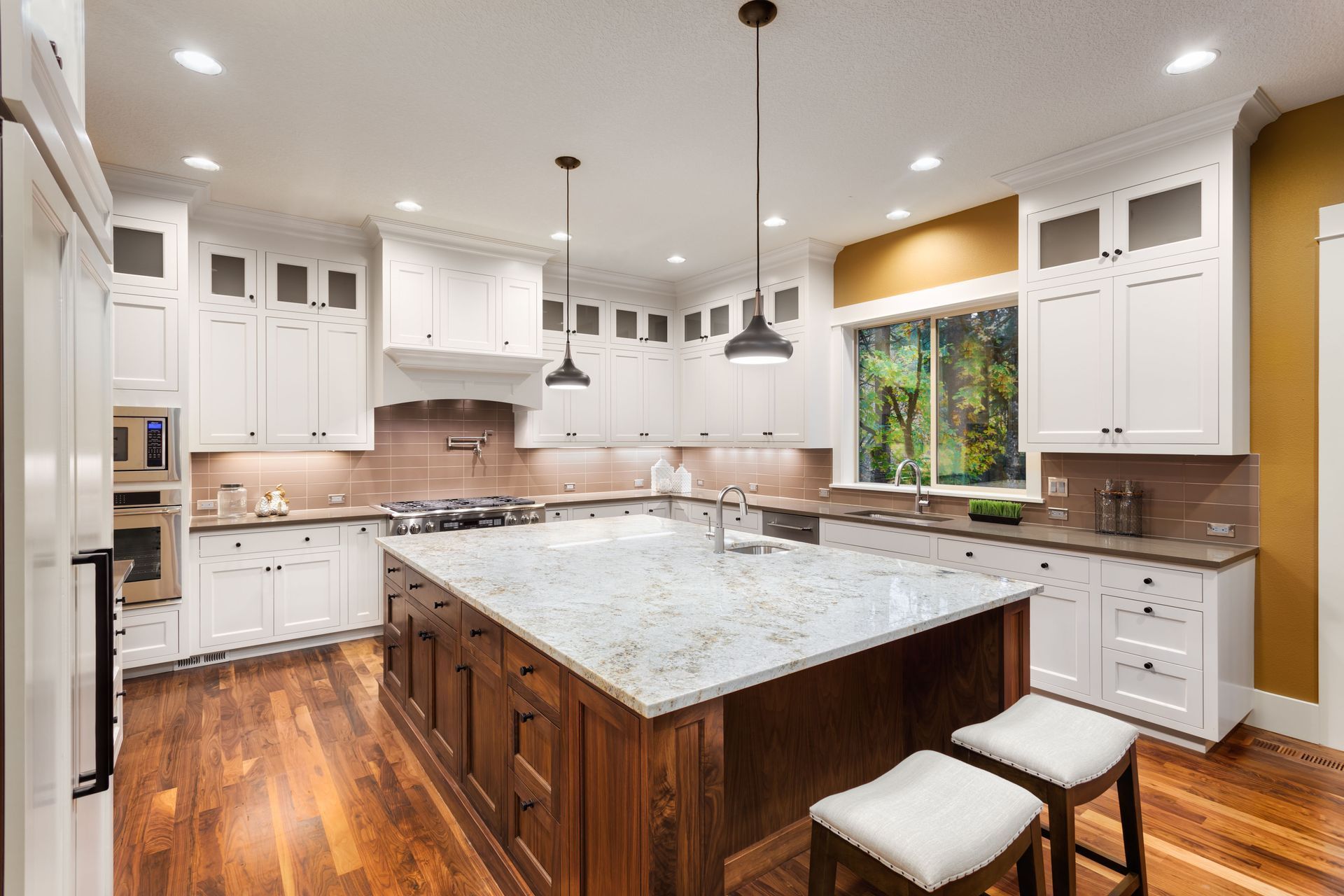
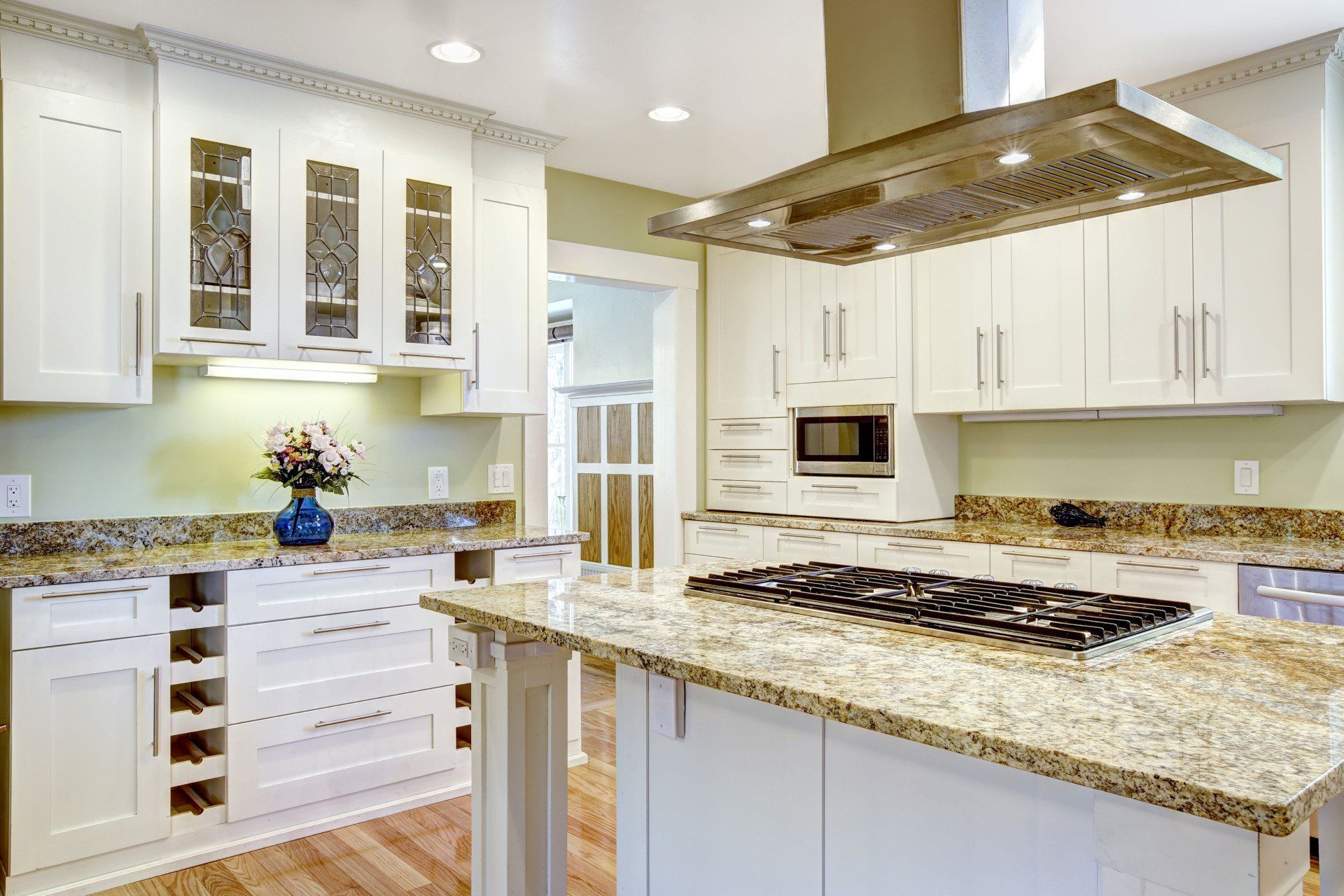
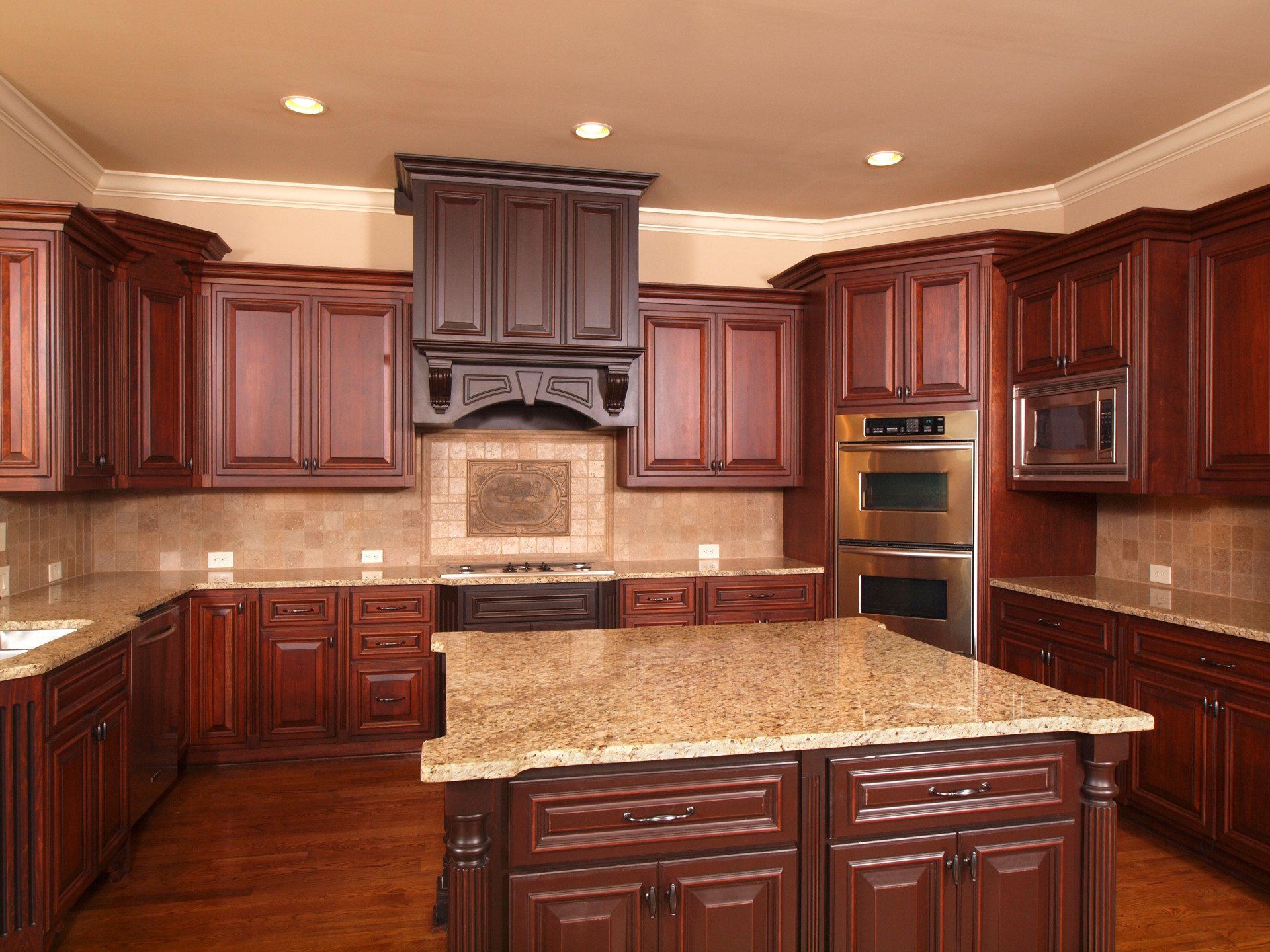
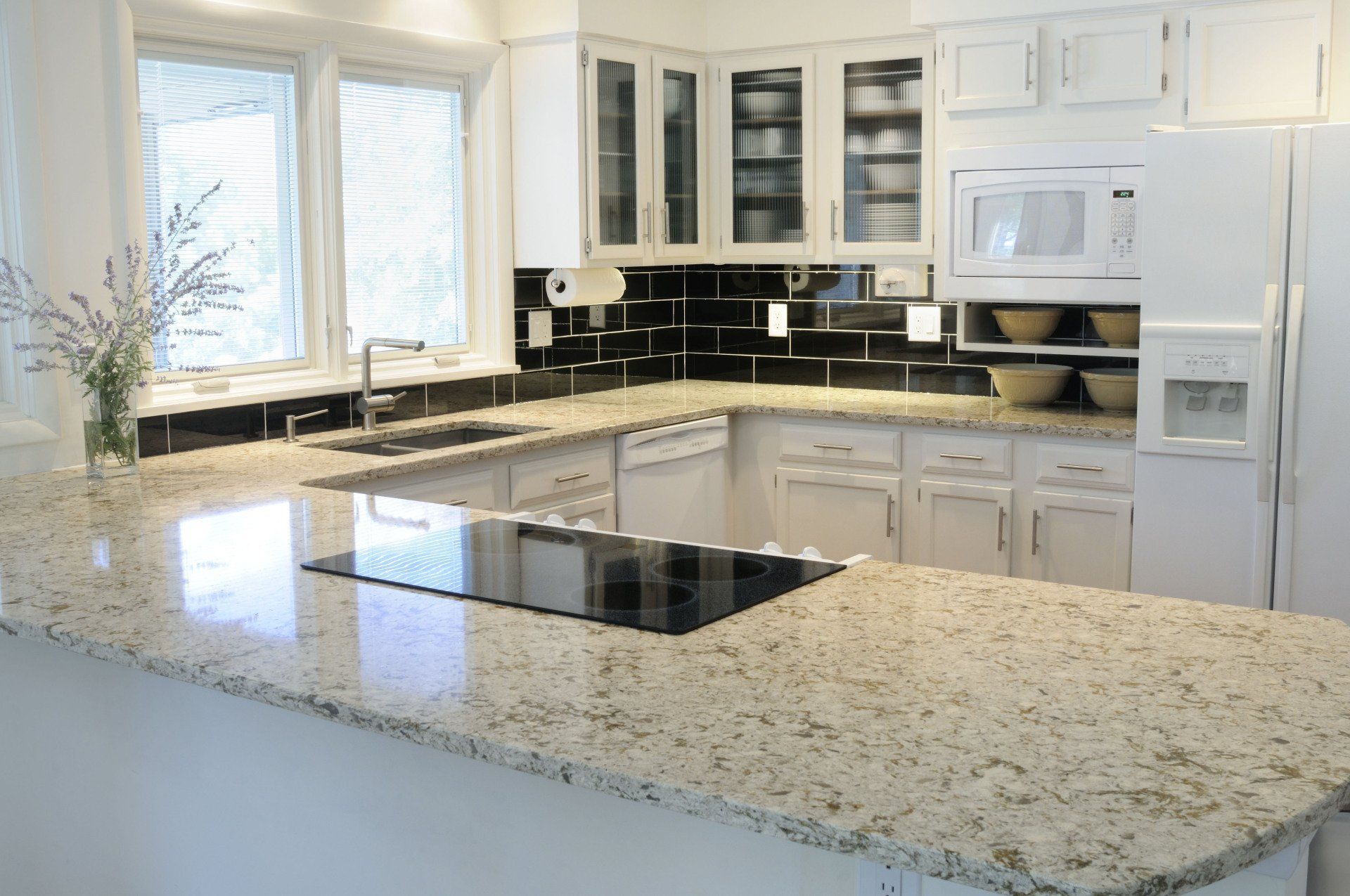

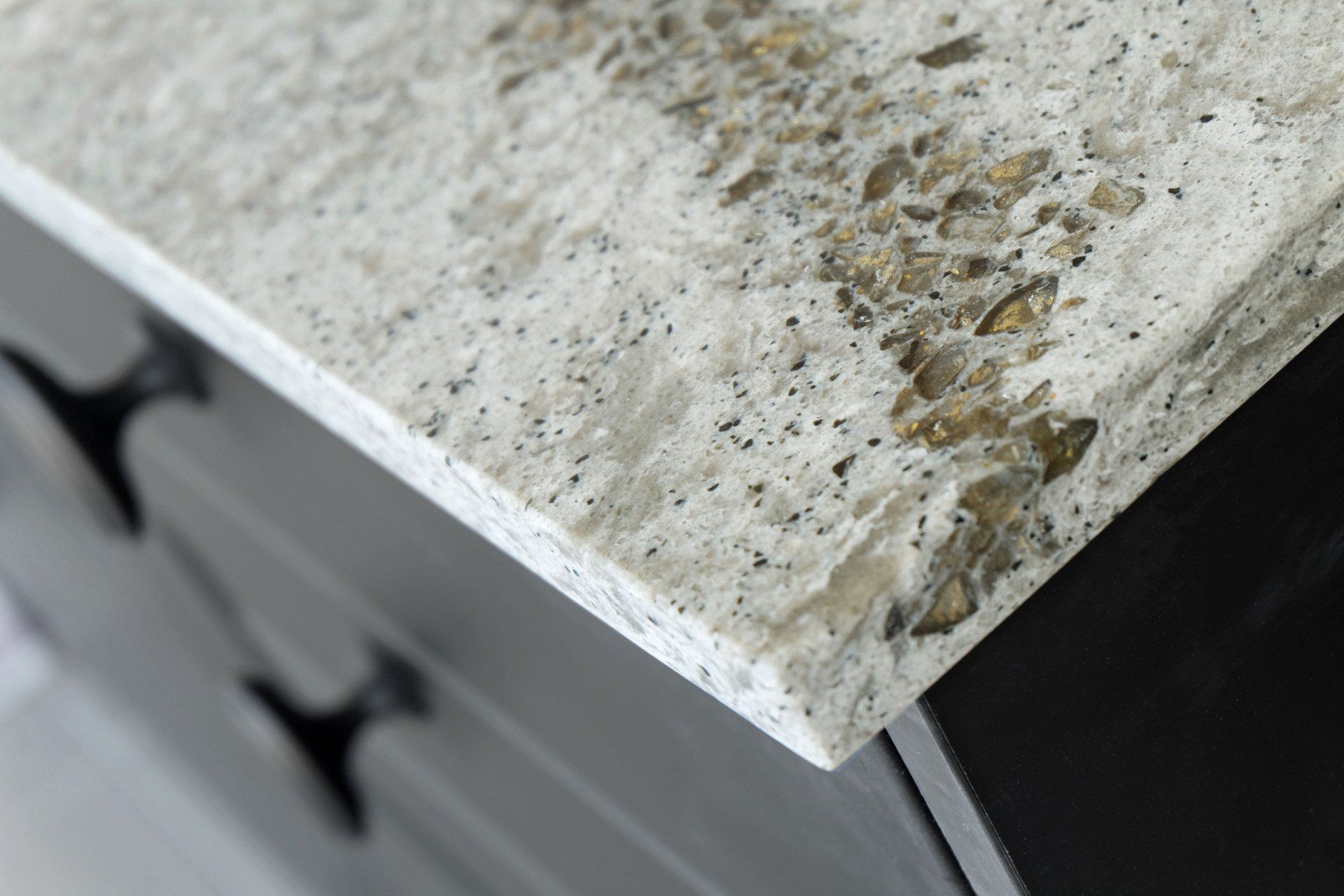
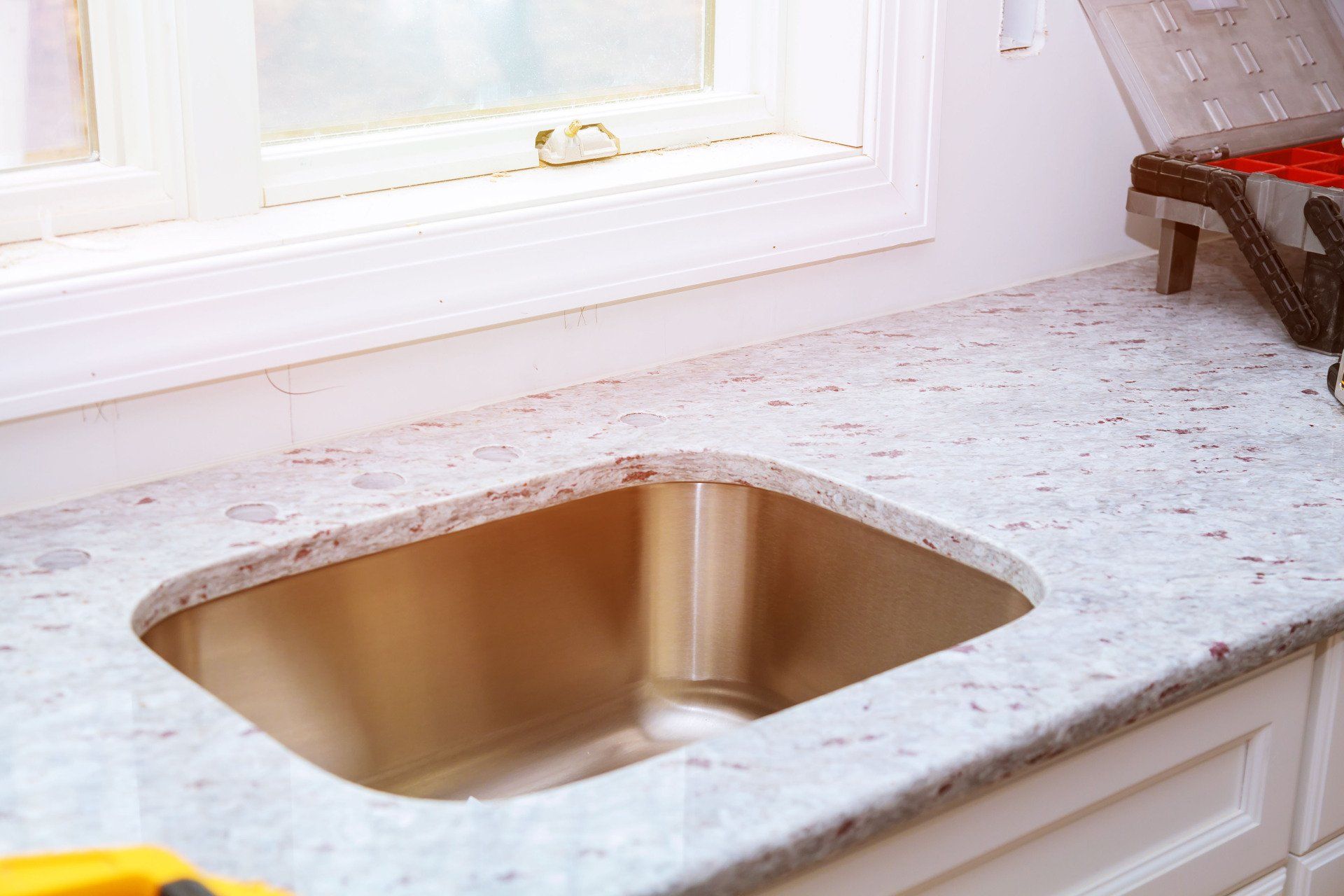
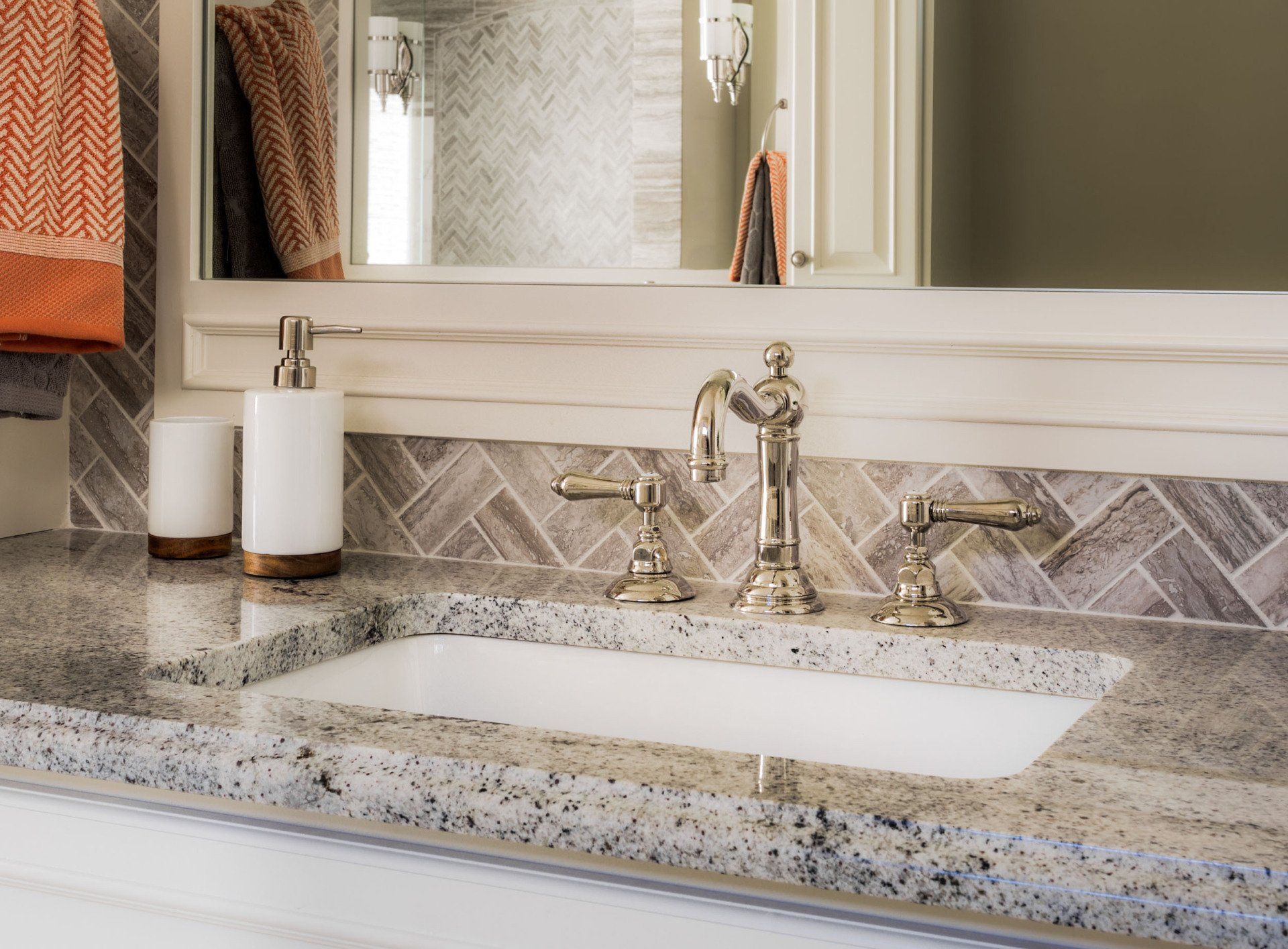
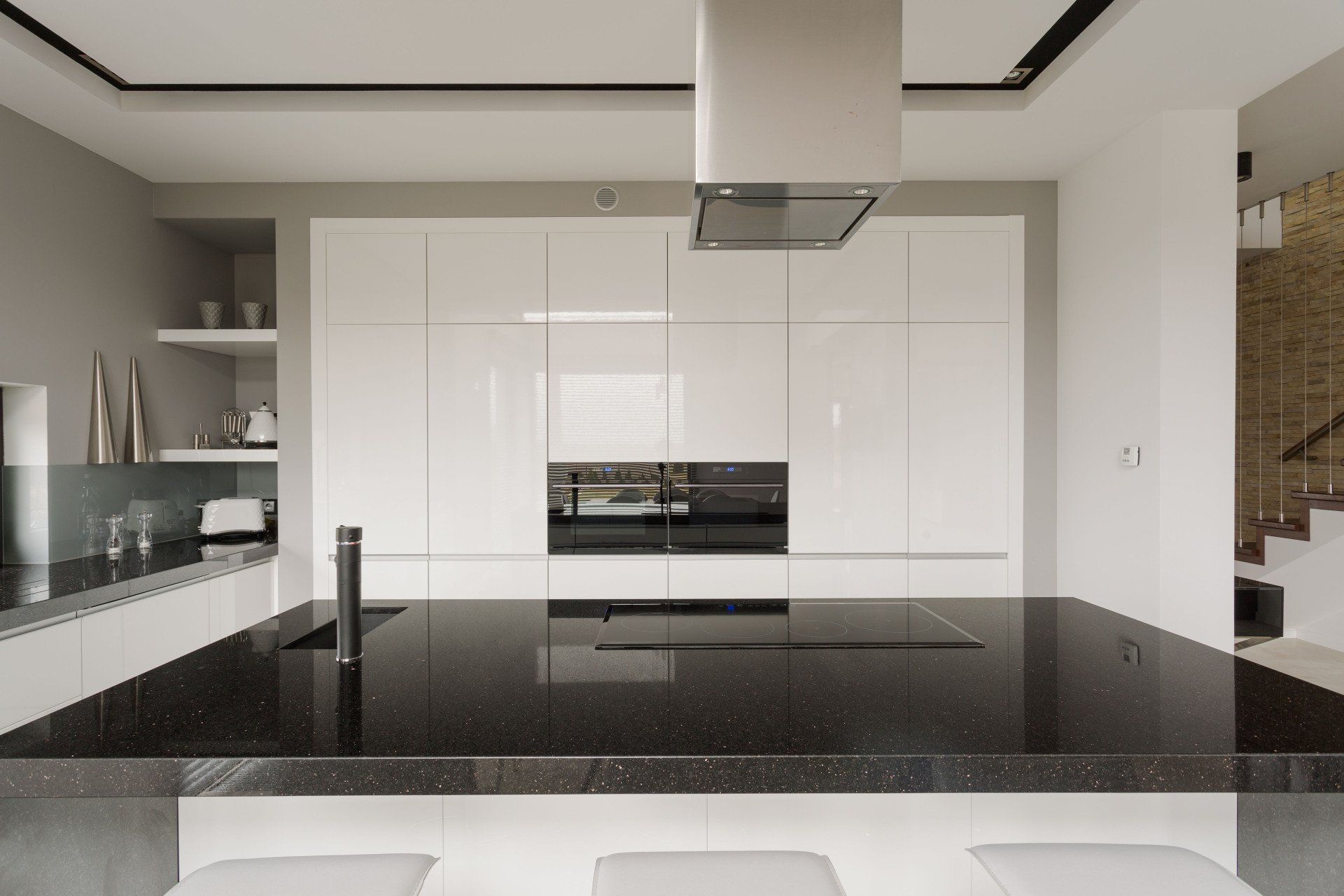
Share On: